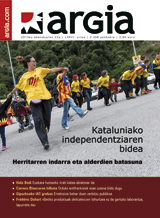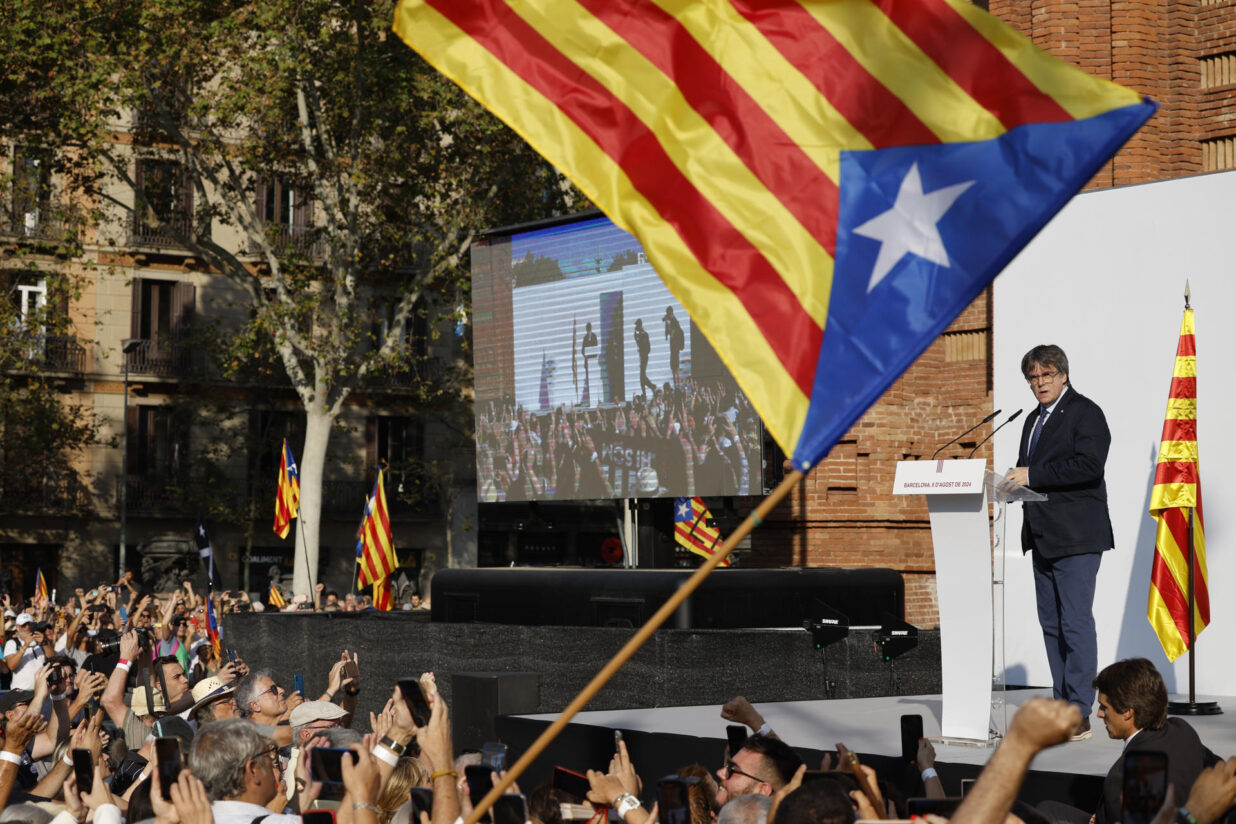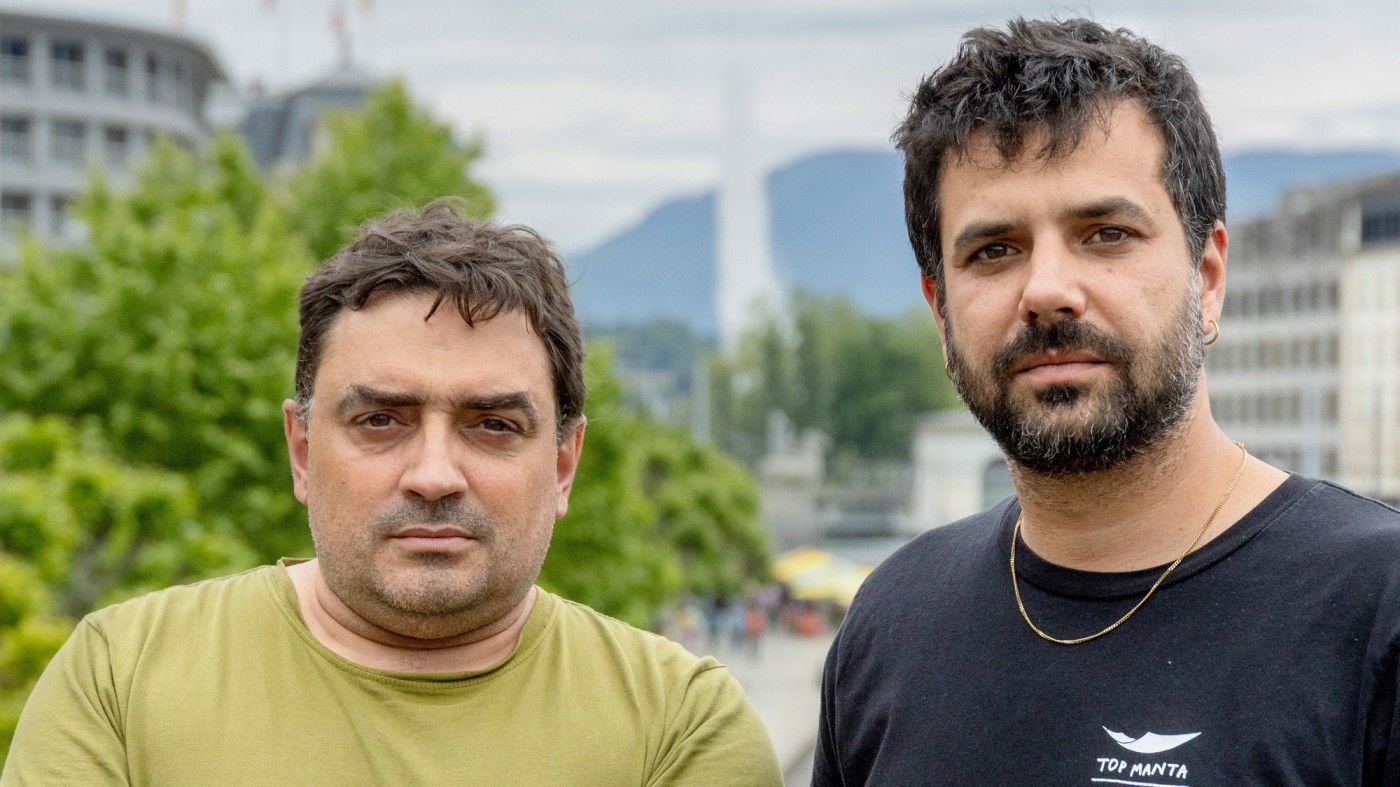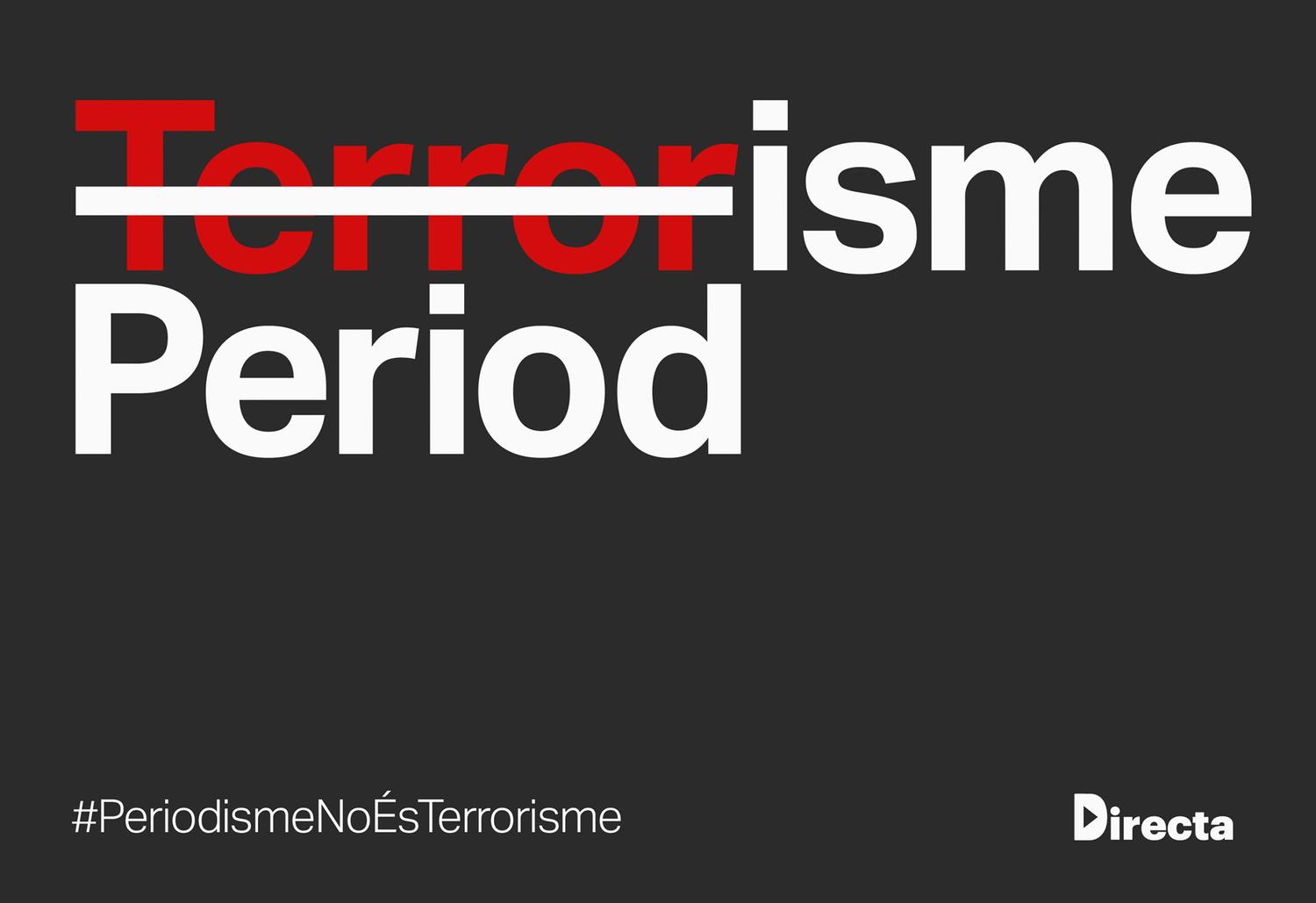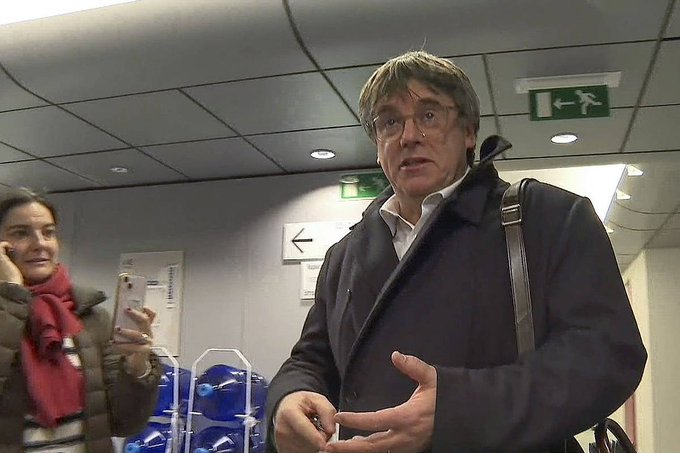What the elites will pay
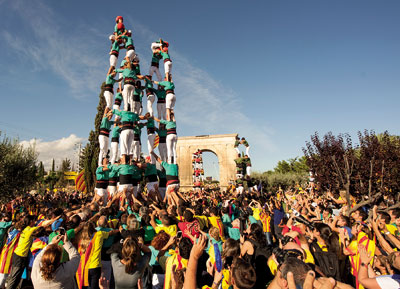
Political time has run out – the question we already have – and in Catalonia neither the class leaders, the elites, the representatives of the third track or the old bourgeoisie, nor the big business leaders have yet come to the scene. We have called on many sectors to lose their voices, to come up to a large extent with sectors that led the peix to the cove policy [pragmatism] and that lengthened the chord of infrastructure and funding. But they seem to have decided to inhibits, wait. We will have to admit that they will no longer be explained, that their strength will not guarantee the political process in Catalonia.
The passivity of these sectors is surprising. His leadership in the economic crisis has been betrayed and now, in one of the most important moments in the contemporary history of Catalonia, he has been left out. Sometimes it seems that your only strategy is to wait for nothing bad to happen. They have not put on the table any third-way proposal that they apparently liked and have not used their own means to force the negotiating position of the Madrid Government. They did not want to be involved in the debate, nor to provide data for or against sovereignty, nor contacts, reflections or proposals; they did not adhere to the desire for independence, but they did not give arguments in favour of the status quo.
They may be praying, asking the train to get out of the rail before the shock occurs, but they do not seem to realize that by its inhibition a self-fulfilling announcement can be made, which says that the success of independence will bring a great disaster; that perhaps opening doubts and fears will cause an automatic setback; or they think that all this will end up as if nothing had happened, that they will be able to return to the situation before the negotiation of the statut.
They don't realize it can't happen anymore. There may be more opportunities in the future, but not in this generation marked by failure; the fall of the system of autonomous parties would leave the fate of Catalonia in the hands of Spanish politics and Spanish politics would not forget the challenge it has faced. Preventive recentralization would be immediate, deeper than that already begun.
In Catalonia the collective logic of sovereign claims has long been imposed, and a possible defeat would not be a failure of the Catalans in their favour. There is no more than reading the demands made by Spanish political action to realize that the conflict will be between the State and the whole of Catalonia. Finally, therefore, the whole of the Catalans will win or lose the party, including those who oppose the right to decide. The elites, the ones that have the most interest, also have more to lose. They can act for or against independence, but not against sovereignty. Their destiny and that of Catalonia are closely linked. You should think about it.
Rafael Nadal i Farreras, Catalan journalist and writer, was director of El Periódico de Catalunya. He is currently a columnist at La Vanguardia and published the following article on December 13, 2013.
Walk from a train station, two friends and a hug. This hug will be frozen until the next meeting. I'll come home, he'll stay there. There, too, will be free the painful feeling that injustice wants us to catch. Jesús Rodríguez (Santa Coloma de Gramenet, 1974) is a journalist,... [+]









